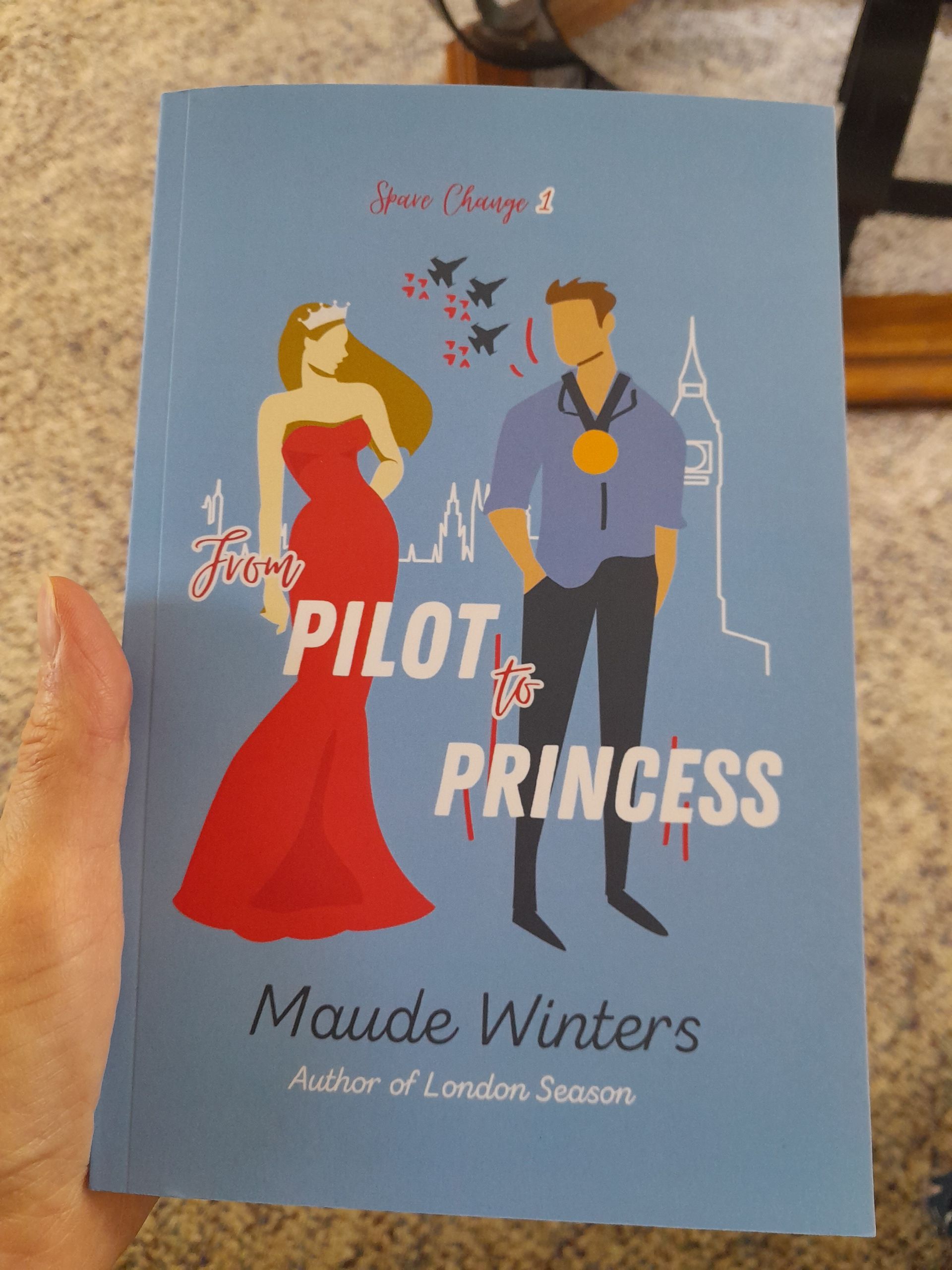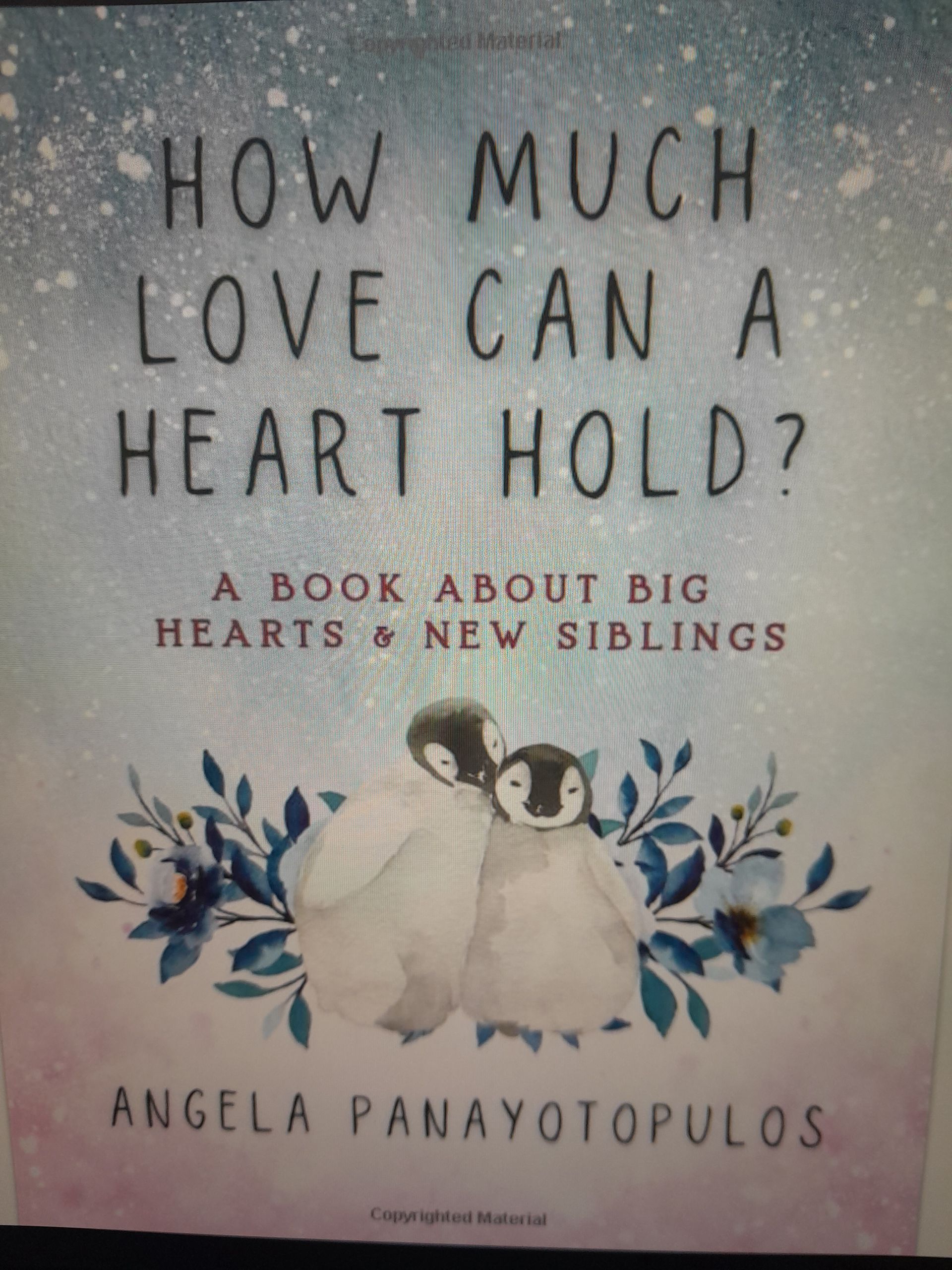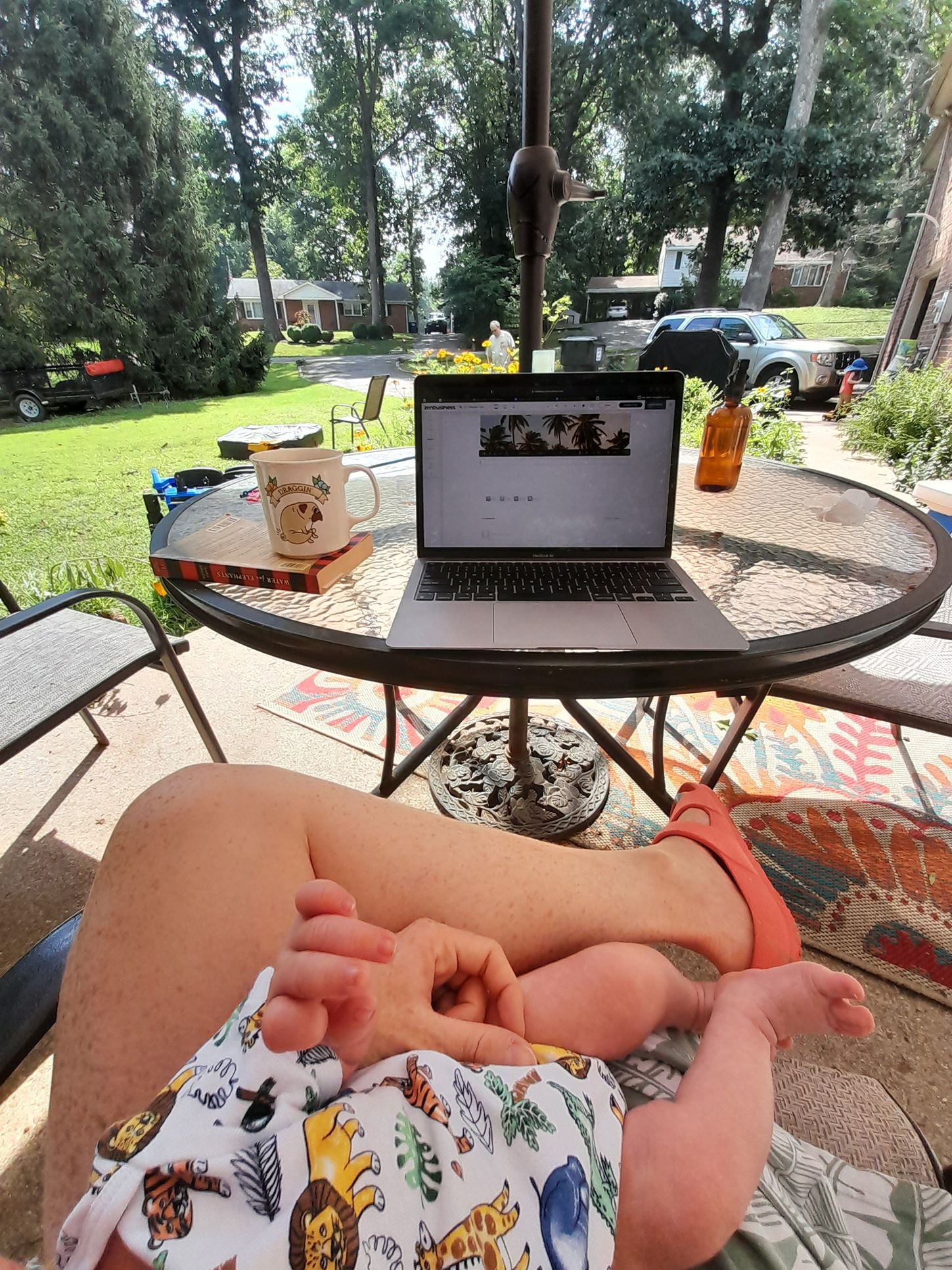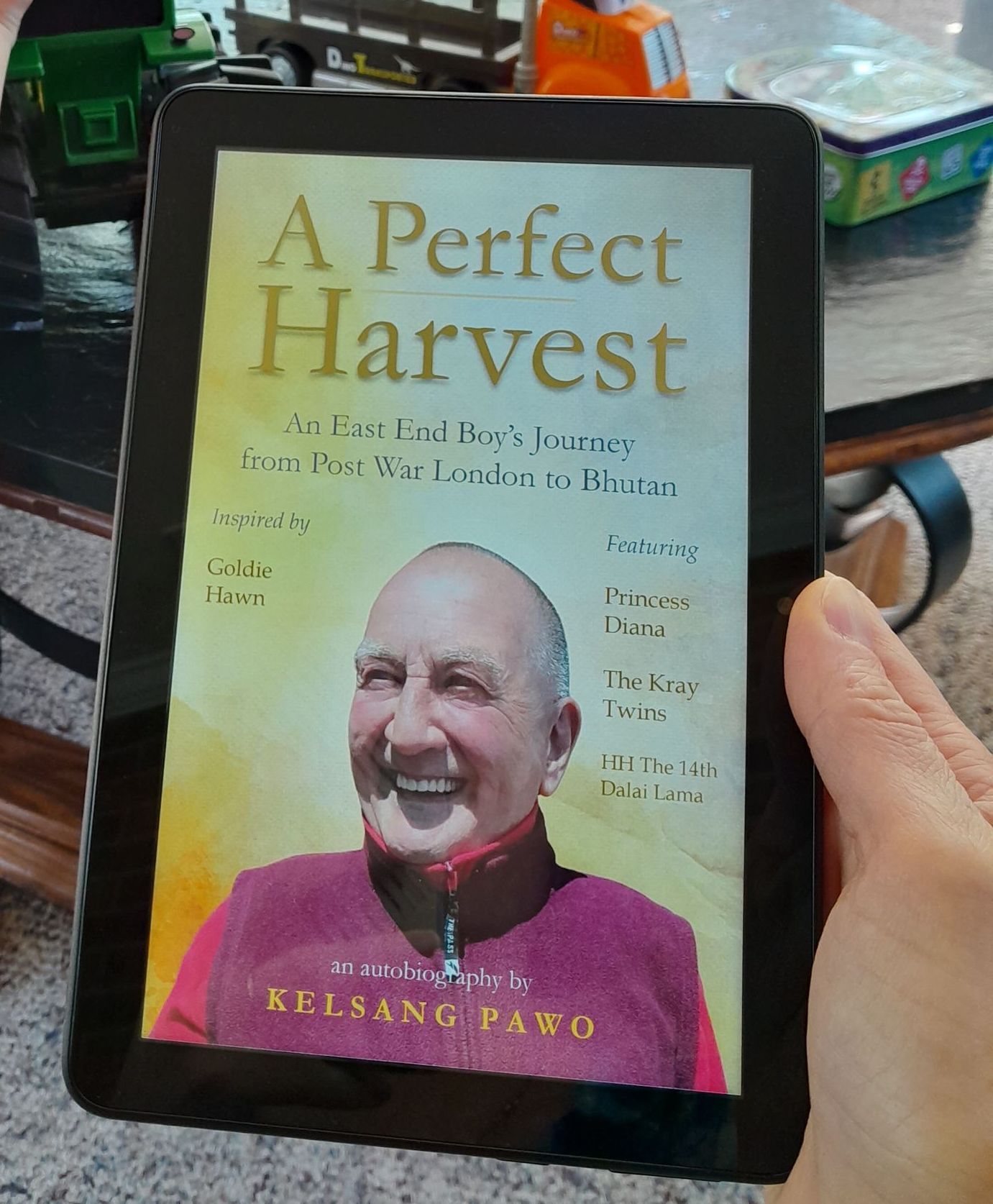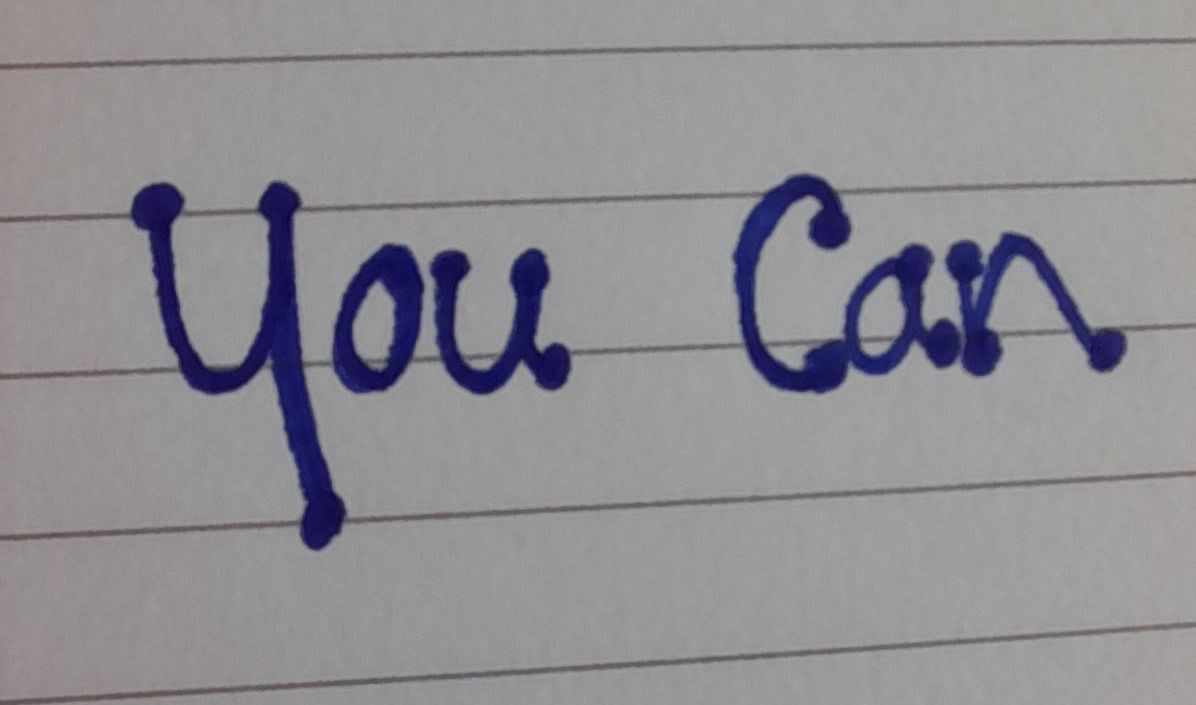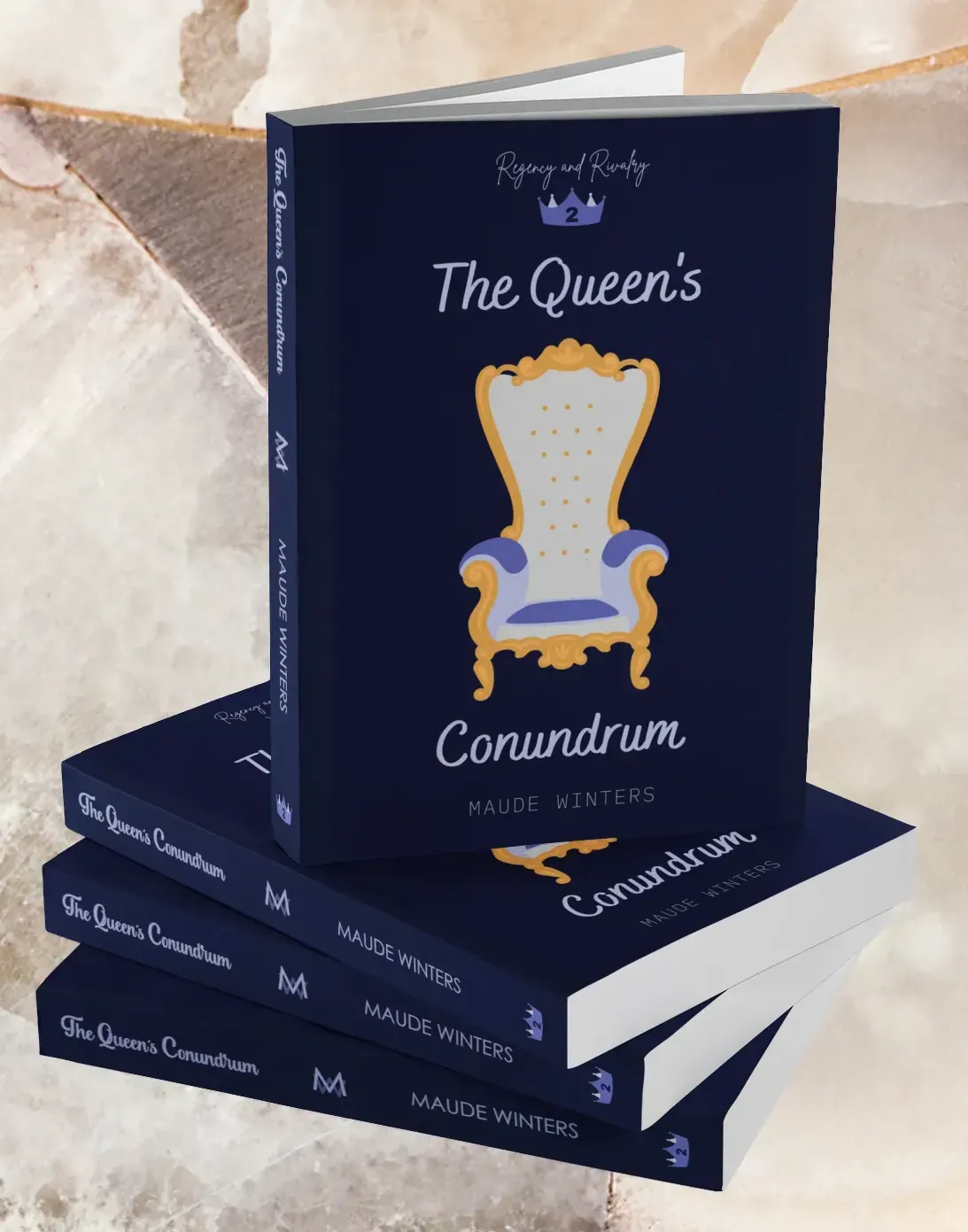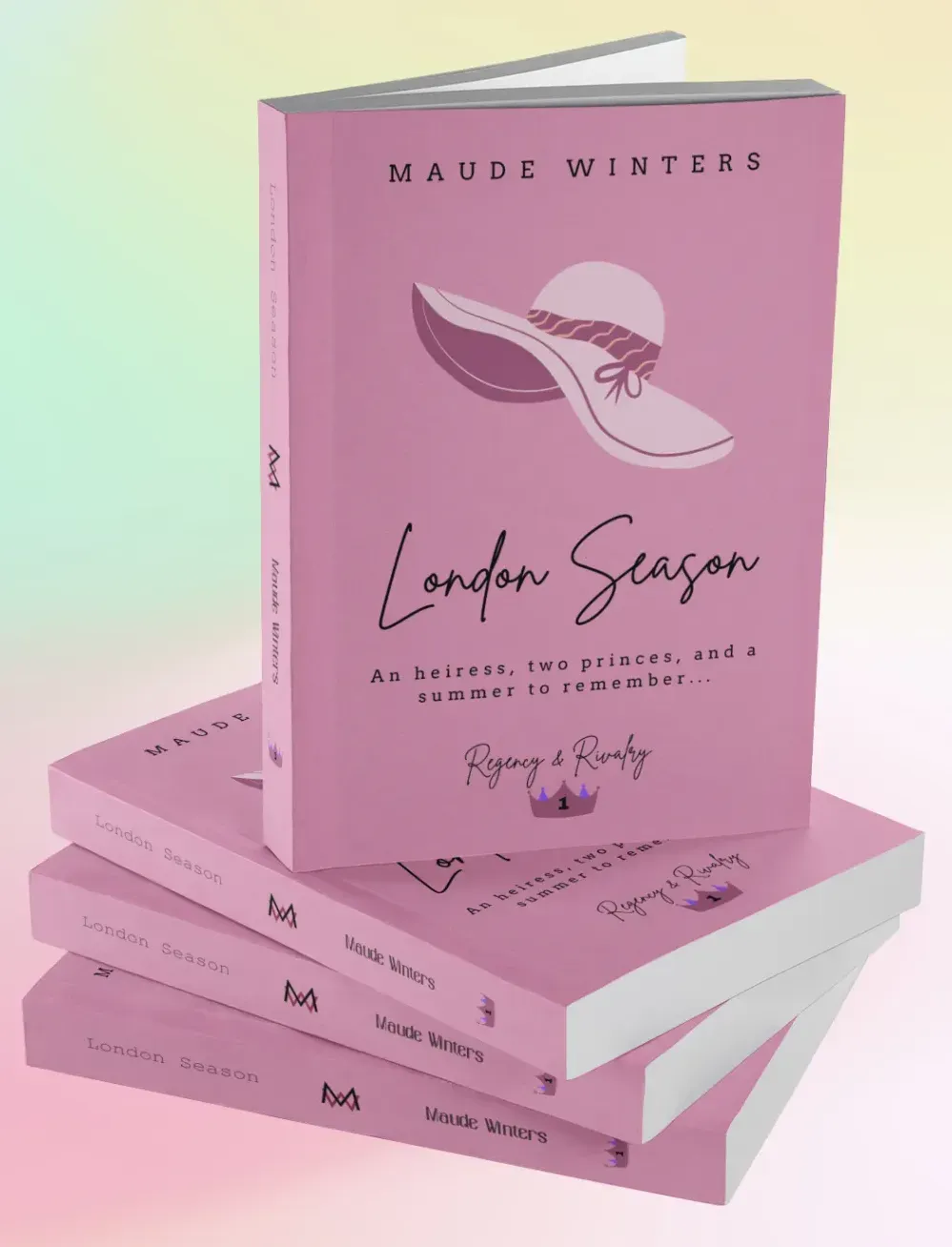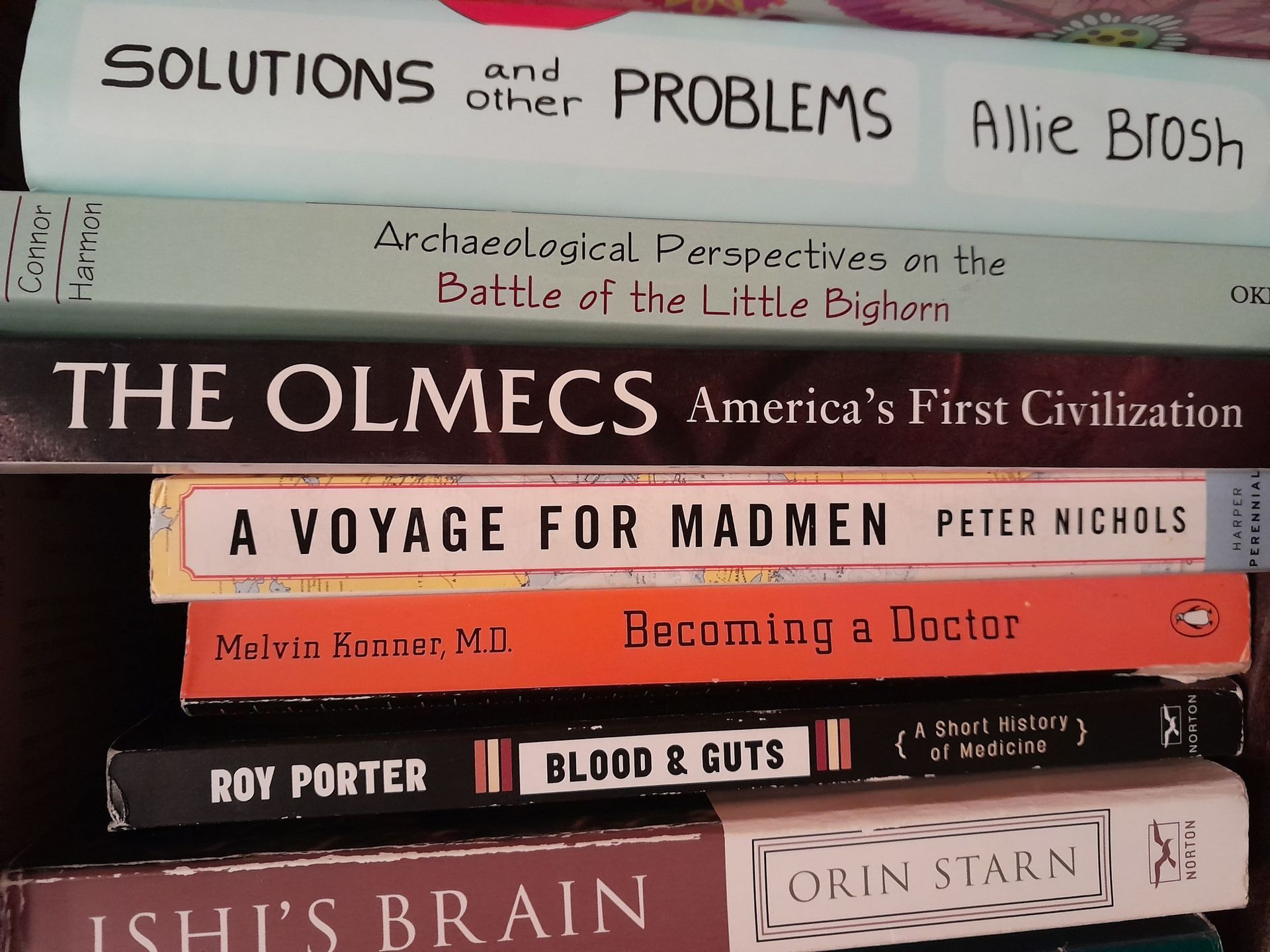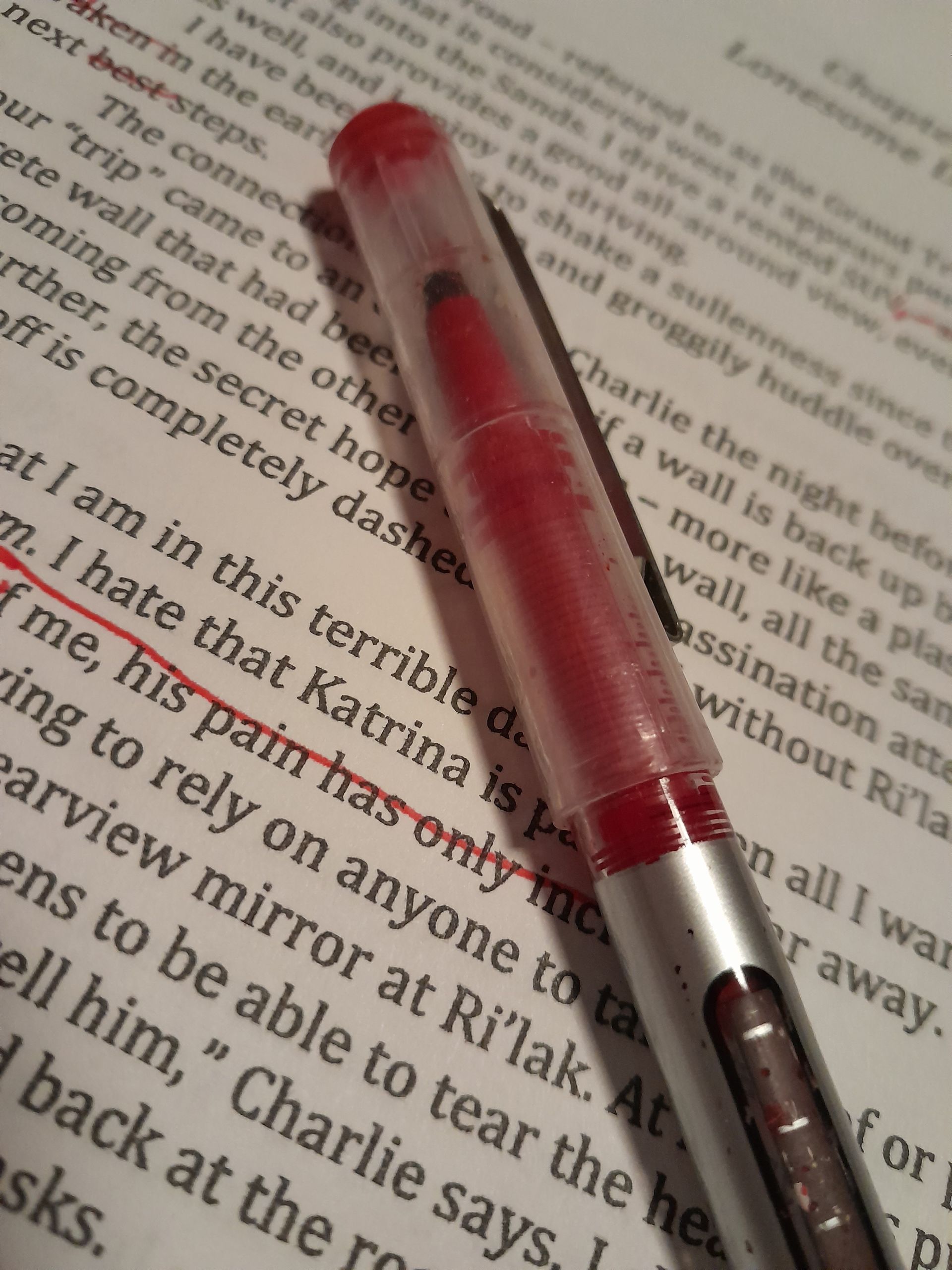Write & Edit: Do Editors Who Write Need an Editor?
1000 times YES!
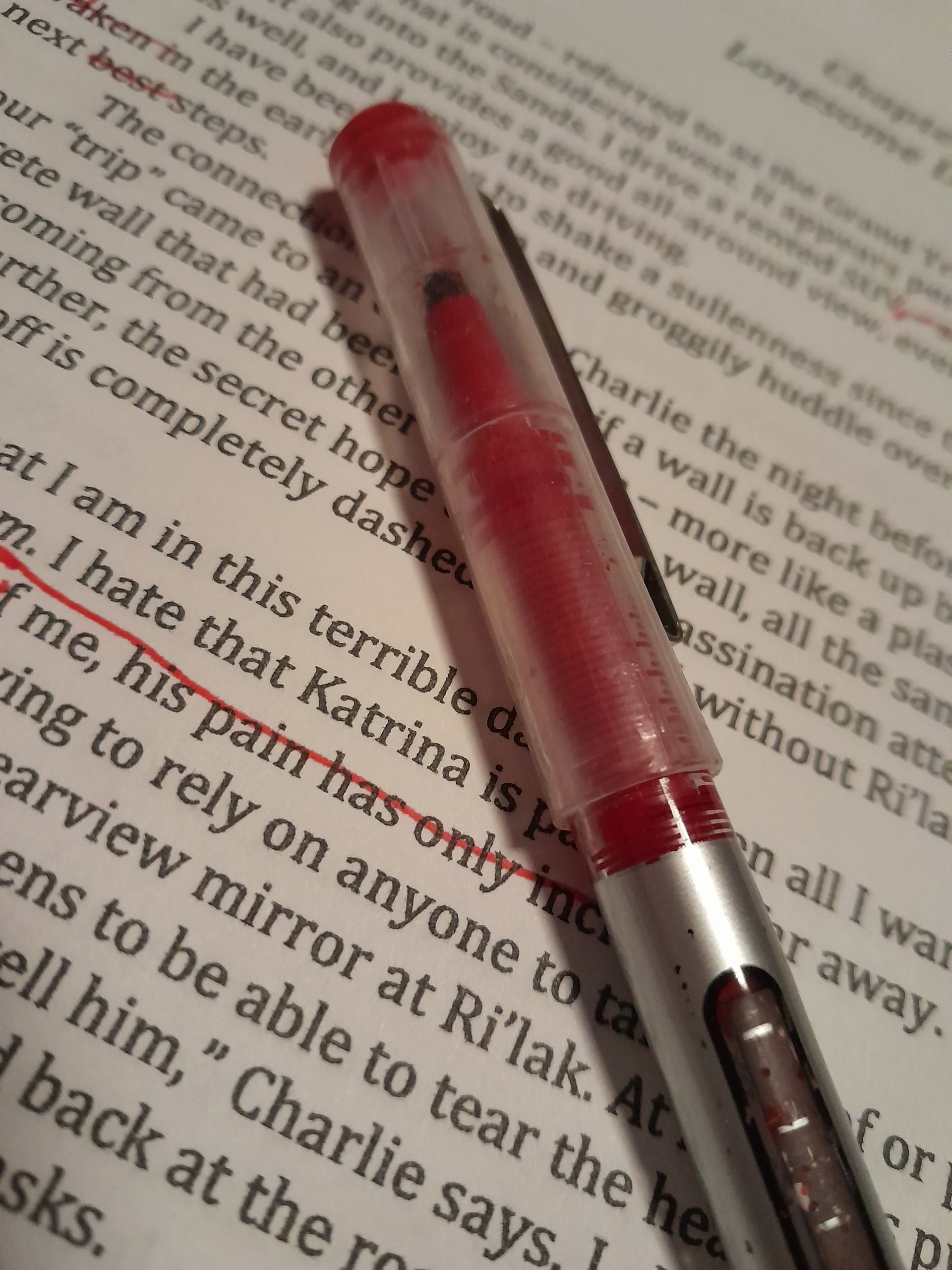
I have been reading so much lately (shout out to four lovely authors who have sent me some great stories), that I haven't been writing. But this is a question I have been thinking about for weeks, because it is something I think is important to discuss on a blog like this one. Do editors who write need editors? Or think of it this way: do writers who edit need editors?
YES. A very emphatic yes. Sometimes it seems that those who write - and especially those who write well - think they do not need editors because they are good editors themselves. It may be true that they do not need deep dive edits. It may be true that they can catch most mistakes. But no writer is a perfect writer. I'll reiterate that: NO writer is a perfect writer. Even Virginia Woolf had Leonard. I bet there are mistakes here and there in my blogs, despite how many times I read them before posting. Everyone who writes needs at least one extra pair of trustworthy and critical eyes to examine their work if they want it to be the best it can be.
This is true for several key reasons. First and foremost, as a writer you are intimately familiar with your own work. You have usually read it so many times that you are blind to the small mistakes: the missing words, the typos, etc. You are so familiar with the work that your eyes really can't see the mistakes anymore; your mind fills in the blanks automatically. You know exactly what is it supposed to say. Only a new pair of eyes can find it all (and let's be real, sometimes one extra pair of eyes isn't enough either...there are all kinds of editors: developmental, copy, content, beta...some of us need a few of these). I have edited my own work countless times over many months, and still, a new reader will find a missing quotation mark or an off word.
Second, you know the story extraordinarily well (you should anyway) including the back story. If you are like me, this is something you have thought about for years. You know where your characters come from and all their assorted baggage (every good character has baggage). You know the context of your world and how your characters relate to it. You know how magic works or doesn't work. Your reader, however, does not have the same information. They can let you know if you are leaving out important back story or necessary world building. I had several readers tell me that a magical component to my book didn't make sense: aha, something I did not even think of and completely glossed over.
Why would your character be so reticent to enter into this relationship? Oh, well it turns out they were in a toxic relationship for years. Maybe that is something your reader needs to know. Alternatively, perhaps you are giving away too much information. Maybe your reader didn't really need that scene about your main character picking up dog poop and gagging because they have a strong sense of smell...that never circles back around to being relevant. These are issues you may be blind to, especially if you have an author's natural attachment to a story. Many of us consider our books our babies in a way; you put a ton of time and energy into writing a book. A TON. Authors deserve a major shout out for the work they put into crafting a story. Cutting several irrelevant chapters is hard to do until someone tells you it needs to be done (and even then it can be painful!). Editors and beta readers are extraordinarily good at telling you what can go and what needs to be developed further. This is key to building and maintaining a good story.
Finally, even if your work is seemingly perfect, don't you want someone to read it? Every good writer I have ever encountered has experienced self-doubt. Some really excellent writers experience self-doubt to a crippling extent. I have always been impressed with my husband's writing. His first draft reads like a final draft in my opinion. He is a slow, meticulous writer. He takes his time to articulate everything perfectly. And guess what? He still needs a first, critical reader. He needs someone to tell him it's good and to keep going.
Let someone read it. Let them find your little mistakes that your eyes cannot see anymore. Let them tell you what works and what doesn't. That support really helps make your writing the best that it can be.
Alright, I have some reading and writing to do, and I bet you do too, so consider this gentle encouragement: it will not get written unless you write it! Get going!
I'll also admit to being in a bit of a brain fog...we have been engaged in a lot of family activities over the last few weeks, and my toddler and I both need a solid brain break. Baby will be here relatively soon (end of May). Oh, which means I DEFINITELY have some reading and writing to do!


